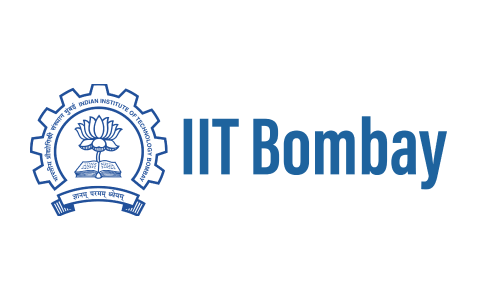Earn a certificate & get recognized
MLOps Fundamentals
Ready to elevate your MLOps skills? Enrol now for our free fundamentals course. Acquire essential knowledge, earn a certificate, and take the next step in your MLOps journey.
MLOps Fundamentals
2K+ learners enrolled so far
Stand out with an industry-recognized certificate
10,000+ certificates claimed, get yours today!
Get noticed by top recruiters
Share on professional channels
Globally recognised
Land your dream job

Skills you will gain
MLOps
Key Highlights
Get free course content
Master in-demand skills & tools
Test your skills with quizzes
About this course
MLOps Fundamentals is a free course providing a foundational understanding of Machine Learning Operations (MLOps). The agenda unfolds with an insightful introduction to MLOps, elucidating its pivotal role in the realm of AI and ML. The course navigates through the MLOps lifecycle, offering a holistic view from initial model development to deployment and ongoing monitoring.
The curriculum extends to explore the diverse landscape of MLOps tools and frameworks, empowering learners with practical knowledge for seamless implementation. It doesn't stop at tools; the course delves into MLOps methods, emphasizing best practices and collaborative approaches. A capstone to the learning journey is a module on implementing MLOps, providing real-world insights. Concluding with a concise summary, the course ensures participants grasp the significance of MLOps in contemporary data science, making it an indispensable resource for those entering the field.
Course outline
MLOps Fundamentals - Agenda
This module will teach you the concepts that will be covered in the course, such as the MLOps lifecycle, methods, tools, frameworks, etc.
Introduction to MLOps
This module provides learners with a foundation in MLOps, its benefits, and how it differs from traditional software development practices.
MLOps Lifecycle
This module will introduce you to the three broad phases of MLOps, which are Design, Development, and Deployment.
MLOps Tools and Frameworks
This module will teach you the MLOps tools and frameworks that are used to automate the tasks involved in the MLOps lifecycle, including MLFlow and Kubeflow Pipelines.
MLOps Methods
This module will teach you the MLOps method, which is a continuous process that involves the following stages: Data preparation, Modeling, Deployment, Monitoring, and Continuous improvement.
Implementing MLOps
This module covers the key steps for implementing MLOps, including defining the business problem, collecting and preparing the data, choosing the right ML model, training, and deploying the ML model.
MLOps Fundamentals - Summary
This module will teach you the concepts that have been covered in the course, such as the MLOps lifecycle, methods, tools, frameworks, etc.
Get access to the complete curriculum once you enroll in the course
Stand out with an industry-recognized certificate
10,000+ certificates claimed, get yours today!
Get noticed by top recruiters
Share on professional channels
Globally recognised
Land your dream job

MLOps Fundamentals

0.75 Hours
Beginner
2K+ learners enrolled so far
Get free course content
Master in-demand skills & tools
Test your skills with quizzes
Learner reviews of the Free Courses

5.0


5.0
Frequently Asked Questions
Will I receive a certificate upon completing this free course?
Is this course free?
What is MLOps and why is it crucial for machine learning projects?
Gain a basic understanding of MLOps and its role in overcoming challenges in deploying and managing machine learning models in production.
How does MLOps differ from traditional software development and DevOps?
Explore the unique aspects of MLOps compared to standard software development, focusing on the challenges specific to handling data, model versioning, and the iterative nature of machine learning.
What are the key components of an effective MLOps pipeline?
Learn about the core elements of an MLOps pipeline, including data preprocessing, model training, deployment, monitoring, and feedback loops.
How does MLOps improve collaboration between data scientists and operations teams?
Understand how MLOps practices enhance communication and collaboration between data science and operations teams, emphasizing the role of cross-functional teams and shared responsibilities.
What are common challenges in implementing MLOps, and how can they be overcome?
Explore practical challenges in MLOps implementation, such as model drift and versioning issues, and discover strategies to overcome these obstacles.
Will I have lifetime access to the free course?
Yes, once you enrol in the course, you will have lifetime access to any of the Great Learning Academy’s free courses. You can log in and learn whenever you want to.
How much does this MLOps Fundamentals course cost?
It is an entirely free course from Great Learning Academy.
Is there any limit on how many times I can take this free course?
No. There is no limit. Once you enrol in the Free MLOps Fundamentals course, you have lifetime access to it. So, you can log in anytime and learn it for free online.
How much does this MLOps Fundamentals course cost?
It is an entirely free course from Great Learning Academy.
Become a Skilled Professional with Pro Courses
Gain work-ready skills with guided projects, top faculty and AI tools, all at an affordable price.


View Course

Included with Pro+ Subscription

View Course

Included with Pro+ Subscription


View Course

Included with Pro+ Subscription

View Course

Included with Pro+ Subscription

View Course

Included with Pro+ Subscription

View Course

Included with Pro+ Subscription
 (1).jpg)
View Course

Included with Pro+ Subscription
.jpg)
View Course

Included with Pro+ Subscription


View Course

Included with Pro+ Subscription


View Course

Included with Pro+ Subscription




View Course

Included with Pro+ Subscription


View Course

Included with Pro+ Subscription


View Course

Included with Pro+ Subscription
.png)
View Course

Included with Pro+ Subscription

View Course

Included with Pro+ Subscription

View Course

Included with Pro+ Subscription
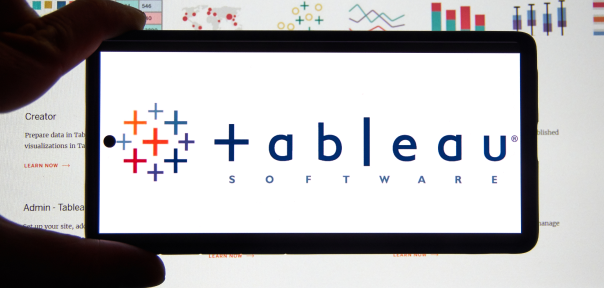
View Course

Included with Pro+ Subscription
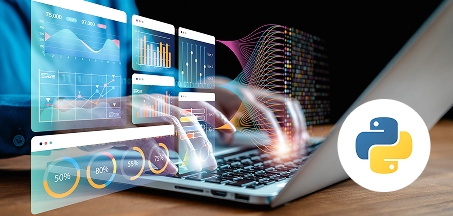
View Course

Included with Pro+ Subscription


View Course

Included with Pro+ Subscription
.png)
View Course

Included with Pro+ Subscription

View Course

Included with Pro+ Subscription
.jpg)
View Course

Included with Pro+ Subscription
.png)
View Course

Included with Pro+ Subscription

View Course

Included with Pro+ Subscription
.png)
View Course

Included with Pro+ Subscription
.png)
View Course

Included with Pro+ Subscription
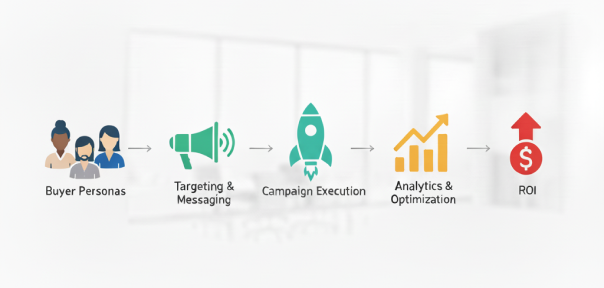
View Course

Included with Pro+ Subscription

View Course

Included with Pro+ Subscription
.png)
View Course

Included with Pro+ Subscription
.png)
View Course

Included with Pro+ Subscription
.png)
View Course

Included with Pro+ Subscription
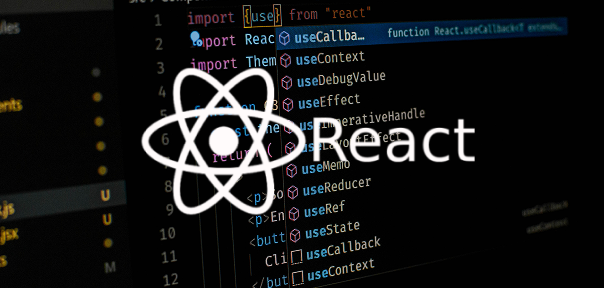
View Course

Included with Pro+ Subscription
.png)
View Course

Included with Pro+ Subscription
.png)
View Course

Included with Pro+ Subscription


View Course

Included with Pro+ Subscription


View Course

Included with Pro+ Subscription
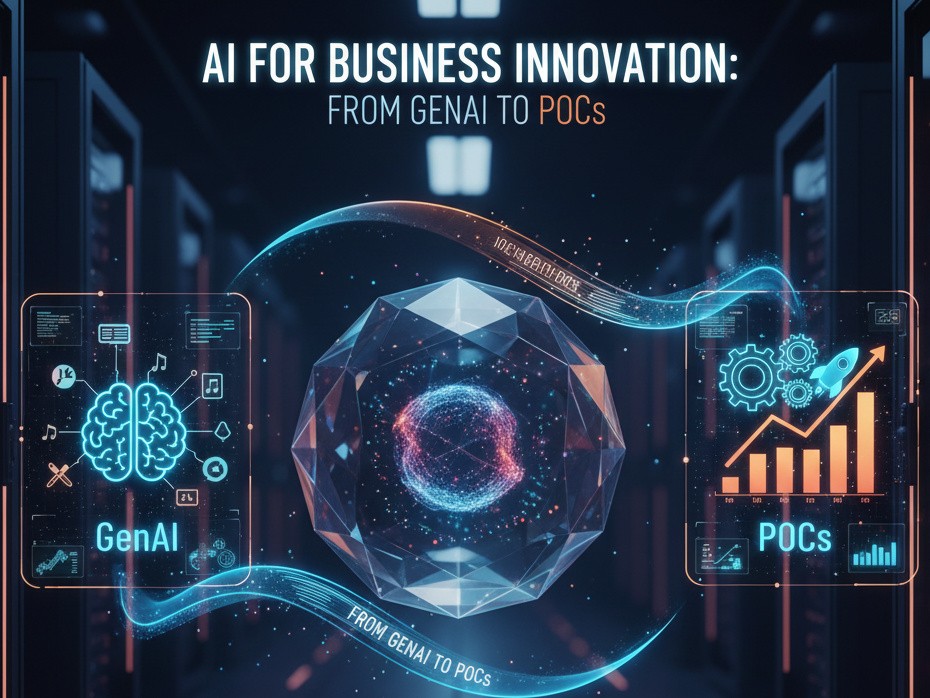
View Course

Included with Pro+ Subscription

View Course

Included with Pro+ Subscription
.jpg)
View Course

Included with Pro+ Subscription

View Course

Included with Pro+ Subscription

View Course

Included with Pro+ Subscription



View Course

Included with Pro+ Subscription

View Course

Included with Pro+ Subscription
.png)
.png)
View Course

Included with Pro+ Subscription
.png)
View Course

Included with Pro+ Subscription
.png)
View Course

Included with Pro+ Subscription



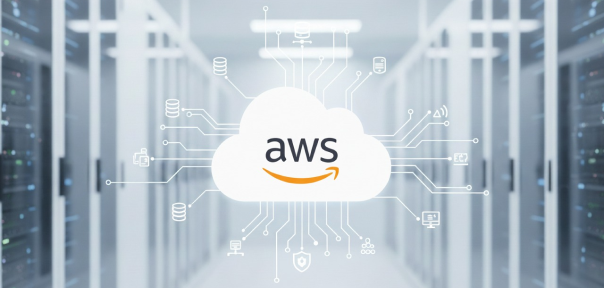

View Course

Included with Pro+ Subscription
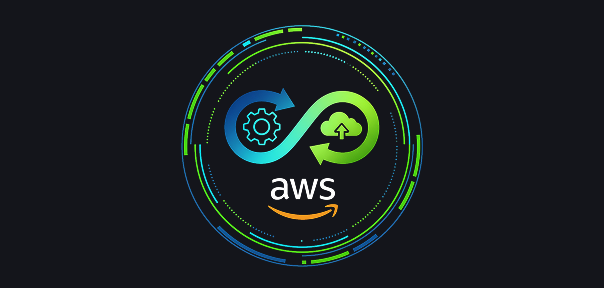
View Course

Included with Pro+ Subscription
.png)

.jpg)

.jpg)



View Course

Included with Pro+ Subscription
Popular


View Course

Included with Pro+ Subscription

View Course

Included with Pro+ Subscription


View Course

Included with Pro+ Subscription

View Course

Included with Pro+ Subscription

View Course

Included with Pro+ Subscription

View Course

Included with Pro+ Subscription
 (1).jpg)
View Course

Included with Pro+ Subscription
.jpg)
View Course

Included with Pro+ Subscription
Microsoft Courses


View Course

Included with Pro+ Subscription


View Course

Included with Pro+ Subscription




View Course

Included with Pro+ Subscription


View Course

Included with Pro+ Subscription


View Course

Included with Pro+ Subscription
Data Science & ML
.png)
View Course

Included with Pro+ Subscription

View Course

Included with Pro+ Subscription

View Course

Included with Pro+ Subscription

View Course

Included with Pro+ Subscription

View Course

Included with Pro+ Subscription


View Course

Included with Pro+ Subscription
Management
.png)
View Course

Included with Pro+ Subscription

View Course

Included with Pro+ Subscription
.jpg)
View Course

Included with Pro+ Subscription
.png)
View Course

Included with Pro+ Subscription

View Course

Included with Pro+ Subscription
.png)
View Course

Included with Pro+ Subscription
.png)
View Course

Included with Pro+ Subscription

View Course

Included with Pro+ Subscription
.jpeg)
View Course

Included with Pro+ Subscription
.jpg)
View Course

Included with Pro+ Subscription
.jpg)
View Course

Included with Pro+ Subscription

View Course

Included with Pro+ Subscription
 (1).jpg)
View Course

Included with Pro+ Subscription
.png)
View Course

Included with Pro+ Subscription
.png)
View Course

Included with Pro+ Subscription

View Course

Included with Pro+ Subscription
.png)
View Course

Included with Pro+ Subscription
IT & Software

View Course

Included with Pro+ Subscription
.png)
View Course

Included with Pro+ Subscription
.png)
View Course

Included with Pro+ Subscription
.png)
View Course

Included with Pro+ Subscription

View Course

Included with Pro+ Subscription
.png)
View Course

Included with Pro+ Subscription
.png)
View Course

Included with Pro+ Subscription


View Course

Included with Pro+ Subscription
.jpg)
View Course

Included with Pro+ Subscription

View Course

Included with Pro+ Subscription

View Course

Included with Pro+ Subscription

View Course

Included with Pro+ Subscription
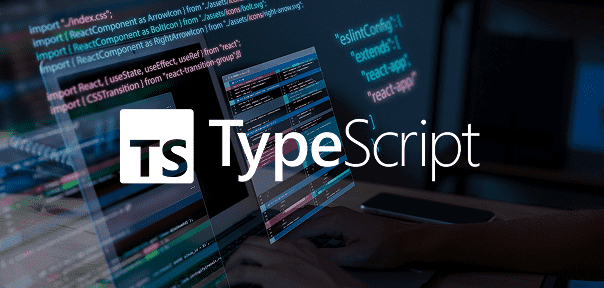
View Course

Included with Pro+ Subscription


View Course

Included with Pro+ Subscription

View Course

Included with Pro+ Subscription


View Course

Included with Pro+ Subscription
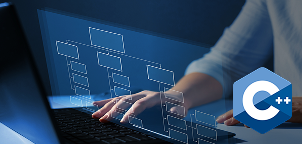
View Course

Included with Pro+ Subscription
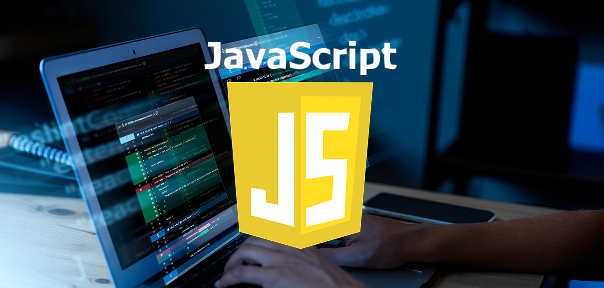
View Course

Included with Pro+ Subscription

View Course

Included with Pro+ Subscription
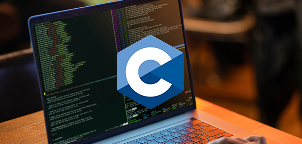
View Course

Included with Pro+ Subscription
 (1).png)
View Course

Included with Pro+ Subscription

View Course

Included with Pro+ Subscription
AI & Generative AI


View Course

Included with Pro+ Subscription

View Course

Included with Pro+ Subscription

View Course

Included with Pro+ Subscription
.jpg)
View Course

Included with Pro+ Subscription

View Course

Included with Pro+ Subscription

View Course

Included with Pro+ Subscription


Cyber Security

View Course

Included with Pro+ Subscription

View Course

Included with Pro+ Subscription
.png)
.png)
View Course

Included with Pro+ Subscription
.png)
View Course

Included with Pro+ Subscription
.png)
View Course

Included with Pro+ Subscription
Cloud Computing





View Course

Included with Pro+ Subscription

View Course

Included with Pro+ Subscription
.png)

.jpg)

.jpg)



View Course

Included with Pro+ Subscription
.png)
View Course

Included with Pro+ Subscription


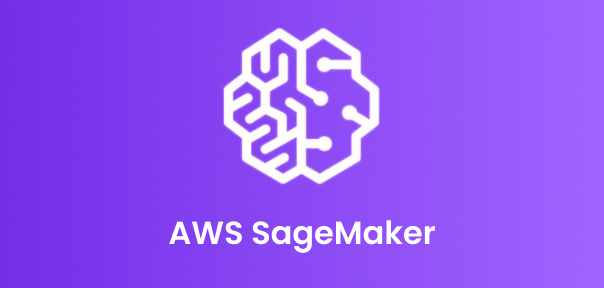

View Course

Included with Pro+ Subscription
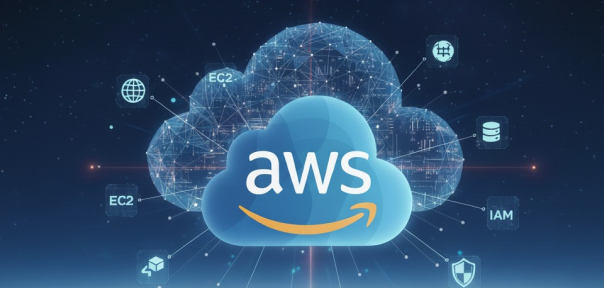

View Course

Included with Pro+ Subscription
.png)

View Course

Included with Pro+ Subscription
.png)

View Course

Included with Pro+ Subscription
Subscribe to Academy Pro+ & get exclusive features
$25/month
No credit card required

Learn from 40+ Pro courses
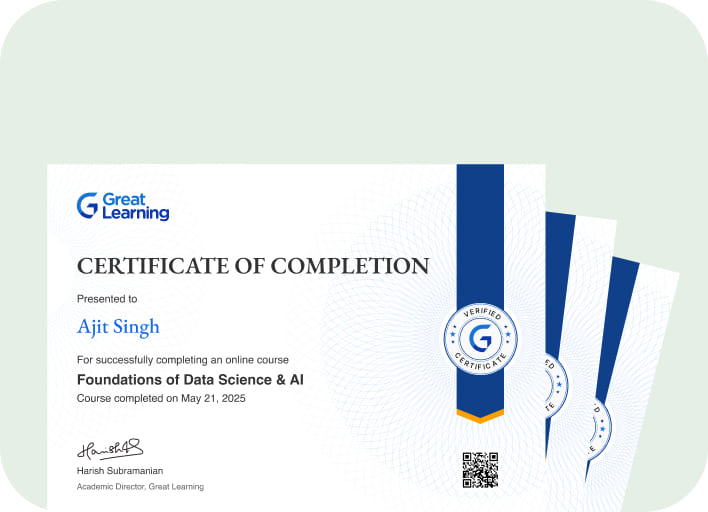
Access 500+ certificates for free
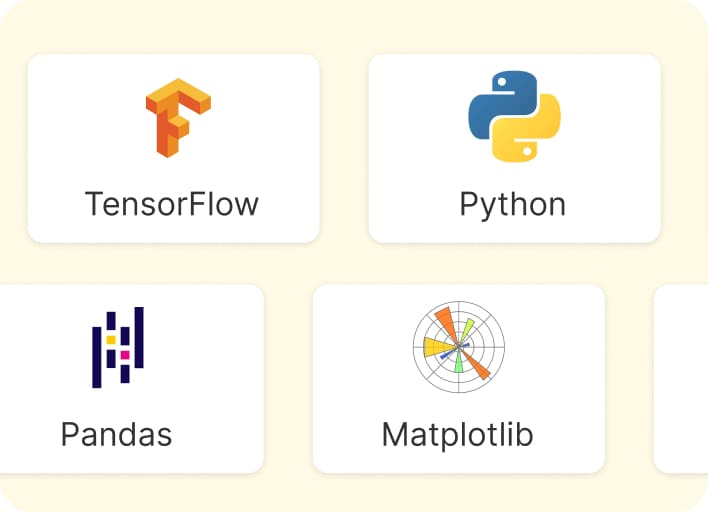
700+ Practice exercises & guided projects
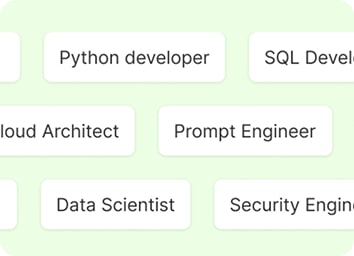
Prep with AI mock interviews & resume builder
Recommended Free Machine Learning courses




Similar courses you might like




Related Machine Learning Courses
-
Programs starting at ₹5,000 per month
Placement assistance
Personalized mentorship
Detailed curriculum
Learn from world-class faculties
50% Average salary hike -
Scholarships upto ₹25K


McCombs School of Business at The University of Texas at Austin
PG Program in Artificial Intelligence & Machine Learning12 Months · Online
#1 Ranked AI ProgramKnow More
-
Scholarships upto ₹25K


McCombs School of Business at The University of Texas at Austin
Artificial Intelligence PG Program for Leaders5 Months · Online · weekend
No Programming Exp RequiredKnow More
-


6 Months · Online
Know More
Relevant Career Paths >
MLOps Fundamentals
Machine Learning Operations (MLOps) is a set of practices that aims to streamline and automate the end-to-end process of deploying, managing, and monitoring machine learning (ML) models in production. As organizations increasingly leverage machine learning for decision-making, MLOps becomes crucial to ensure the efficiency, reliability, and scalability of ML systems.
At its core, MLOps is an intersection of DevOps (Development Operations) and data science. It addresses the unique challenges posed by the iterative and experimental nature of machine learning, where models are developed, trained, and refined through continuous feedback loops. MLOps aims to enhance collaboration and communication between data scientists, engineers, and operations teams, enabling them to work seamlessly to deliver and maintain high-quality ML applications.
One key aspect of MLOps is the automation of the ML lifecycle. This includes automating data preprocessing, model training, evaluation, and deployment. By automating these processes, organizations can reduce manual errors, ensure reproducibility, and accelerate the time-to-market for ML models. Continuous Integration (CI) and Continuous Deployment (CD) practices are often applied to ML pipelines, allowing for rapid and reliable updates to models in production.
Version control is another critical component of MLOps. Managing versions of both code and models ensures that changes are tracked, and the entire history of model development is documented. This facilitates collaboration among team members and provides transparency, essential for troubleshooting and auditing.
MLOps also emphasizes the importance of monitoring and maintaining ML models in real-world scenarios. In production, models may encounter new data patterns or drift, and it's crucial to detect and address these issues promptly. Monitoring tools help track model performance, identify anomalies, and trigger retraining processes when necessary. This ensures that ML models remain accurate and relevant over time.
Model governance is a key concern in MLOps, especially in industries with strict regulatory requirements. Organizations need to establish policies and procedures for managing access to data, models, and results. This includes defining roles and responsibilities, ensuring data privacy and security, and implementing audit trails to track model usage.
Scalability is another challenge that MLOps addresses. As the volume of data and the complexity of models increase, organizations must design ML systems that can handle the growing demands. MLOps practices involve optimizing infrastructure, leveraging cloud services, and implementing scalable architectures to accommodate the evolving needs of ML applications.
Collaboration between different teams is a fundamental aspect of MLOps. Data scientists, engineers, and operations teams need to work together seamlessly, sharing knowledge, code, and best practices. This collaborative approach not only enhances efficiency but also contributes to a culture of continuous improvement.
In conclusion, MLOps is a set of practices that ensures the smooth integration of machine learning into the operational workflows of organizations. By combining automation, version control, monitoring, governance, and collaboration, MLOps enables the development and maintenance of robust and scalable ML systems. As machine learning continues to play a pivotal role in various industries, the adoption of MLOps becomes essential for organizations seeking to harness the full potential of AI technologies.









